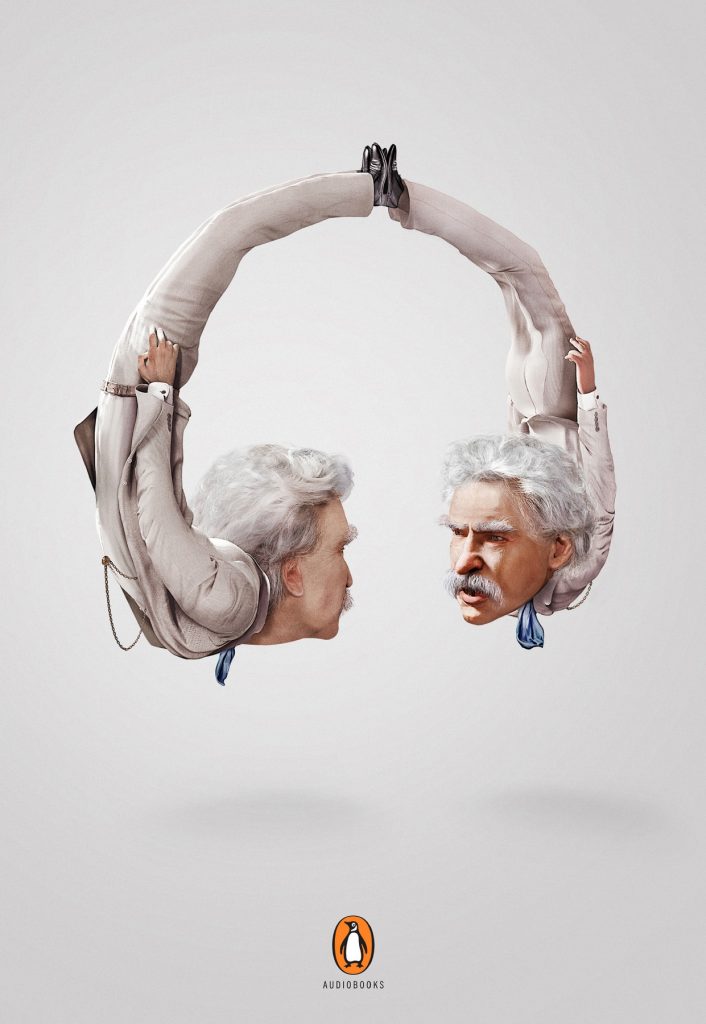 E-book sales slip as audiobooks gain in popularity; meanwhile, printed trade books climb. What’s going on?
E-book sales slip as audiobooks gain in popularity; meanwhile, printed trade books climb. What’s going on?
Paperback sales are up. Indie bookstores are growing again. E-books sales have fallen off. So why, asks Alexander Alter in the New York Times, did publishers see a sluggish start to the year?
Alter cites the recent Association of American Publishers report that shows publisher revenue was down 2.7% for the first quarter of this year compared to Q1 2015.
“Sales of adult books fell by 10.3 percent in the first three months of 2016, and children’s books dropped by 2.1 percent. E-book sales fell by 21.8 percent, and hardcover sales were down 8.5 percent. The strongest categories were digital audiobooks, which rose by 35.3 percent, and paperback sales, which were up by 6.1 percent,” he notes.
Should publishers be worried? Alter suggests that while the numbers might look foreboding, “they’re not all that surprising.”
The first quarter, Alter explains, is often sluggish, but clearly there’s more to it this year. First off, we didn’t see a blockbuster title like last year’s “The Girl on the Train” to drive a huge boost. Secondly, adult coloring books, a craze last year, have definitely cooled. Meanwhile, audiobook sales are climbing fast, which “might account in part for the decline in hardcover and e-books, if more people are listening to books instead of reading them,” Alter notes.
The primary factor, though, is the decline in e-books sales, according to Alter’s sources.
“While publishers once fretted that digital book sales were eroding more profitable categories like hardcover, they now are finding that e-books — which cost next to nothing to produce and zero to ship and which can’t be returned as unsold merchandise by retailers — are critical profit engines,” Alter notes, citing Publishers Marketplace’s Michael Cader. “But e-book sales have fallen precipitously for months, in part because many publishers have raised their prices after negotiating with Amazon and gaining the ability to set their own prices.”
Have publishers priced e-books out of contention? I know for my part I’m willing to shell out pretty good money for a printed book, but feel that an e-book just doesn’t have as much value…even though the content is the same, and the work done by the author still deserves fair pay.
We reported on a similar phenomenon with magazine readers just yesterday, reporting on a study that found Millennials were willing to pay for printed magazine content, even if they could get the digital version at no cost.
It gets even more interesting when we see sales figures from Nielsen BookScan that show print book sales up by 16.4 million units in the first half of the year. Meanwhile the publishers, who adjusted their business models to drive more revenue from e-books, are seeing the backlash as that revenue stream ebbs.
Alter notes one interesting footnote to the discussion: “Some studies show that leisure reading of literature is in decline in the United States,” he writes. “A survey released in August by the National Endowment for the Arts found that in 2015, only 43 percent of American adults had read ‘a work of literature” for pleasure in the previous year.’ In a similar study in 1982, 57 percent of adults surveyed said they had read a literary work for pleasure in the previous year.”
Are we as a society becoming less interested in books? Perhaps that is true. Don’t blame technology for that; clearly the idea of a printed book still has broad enough appeal on which to build a business.
